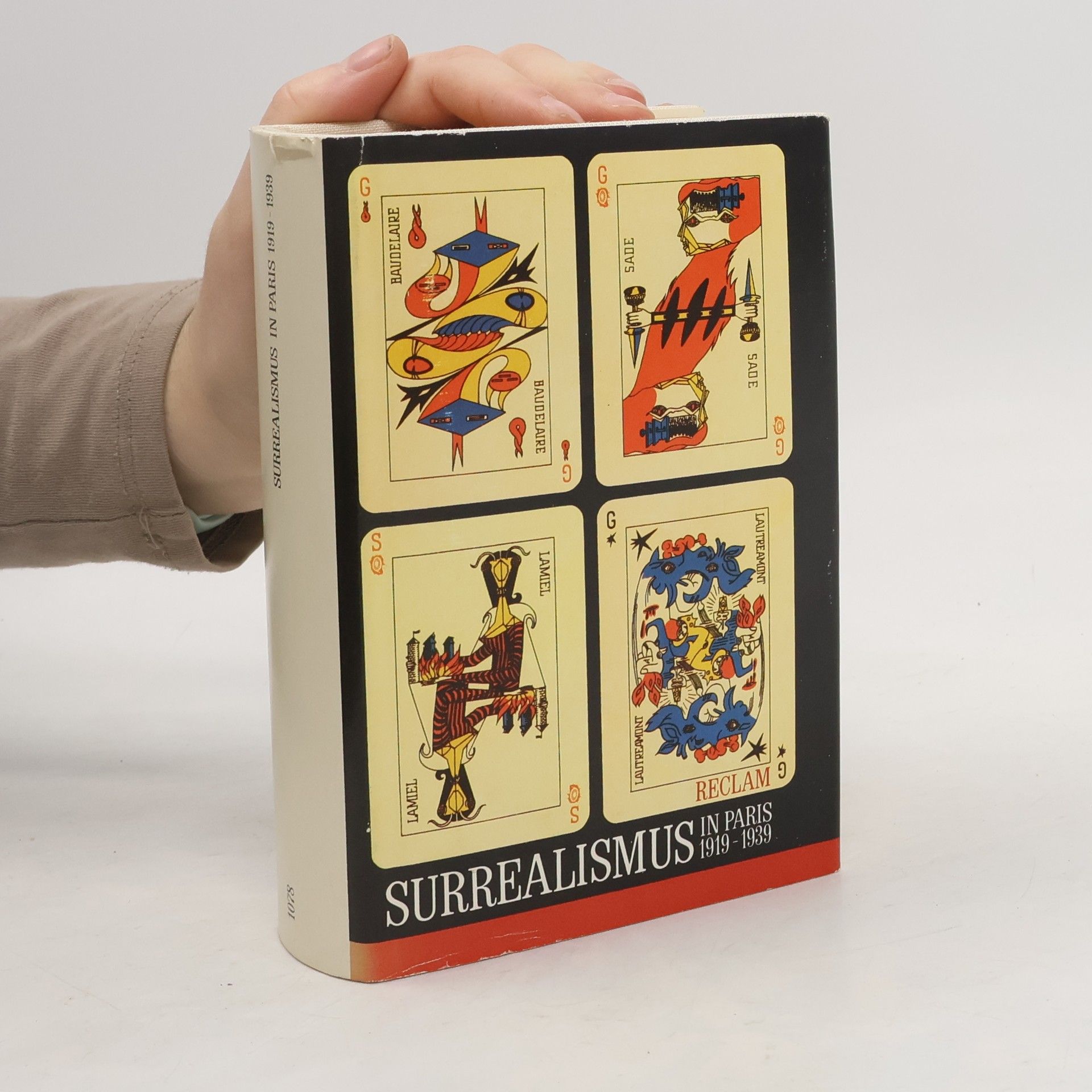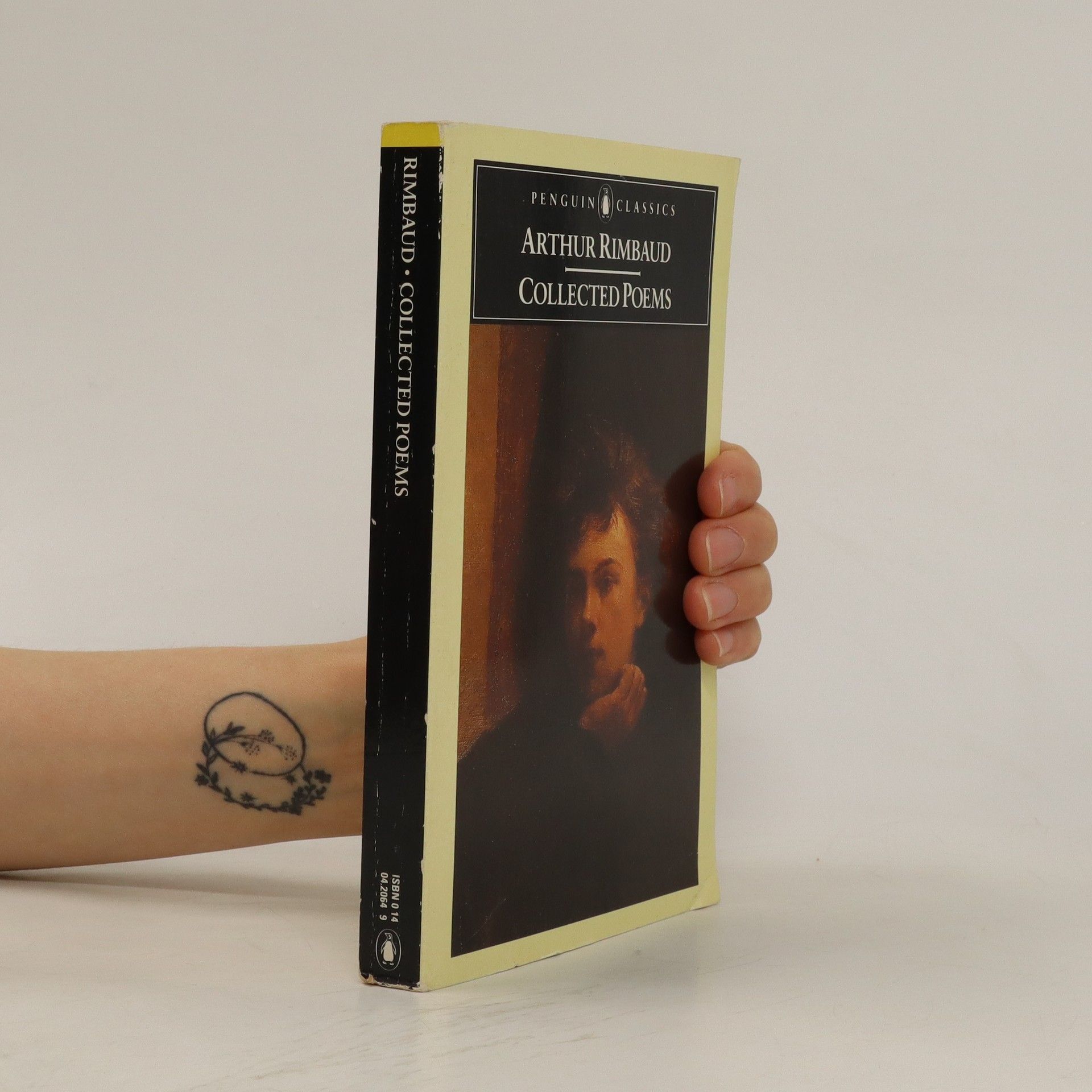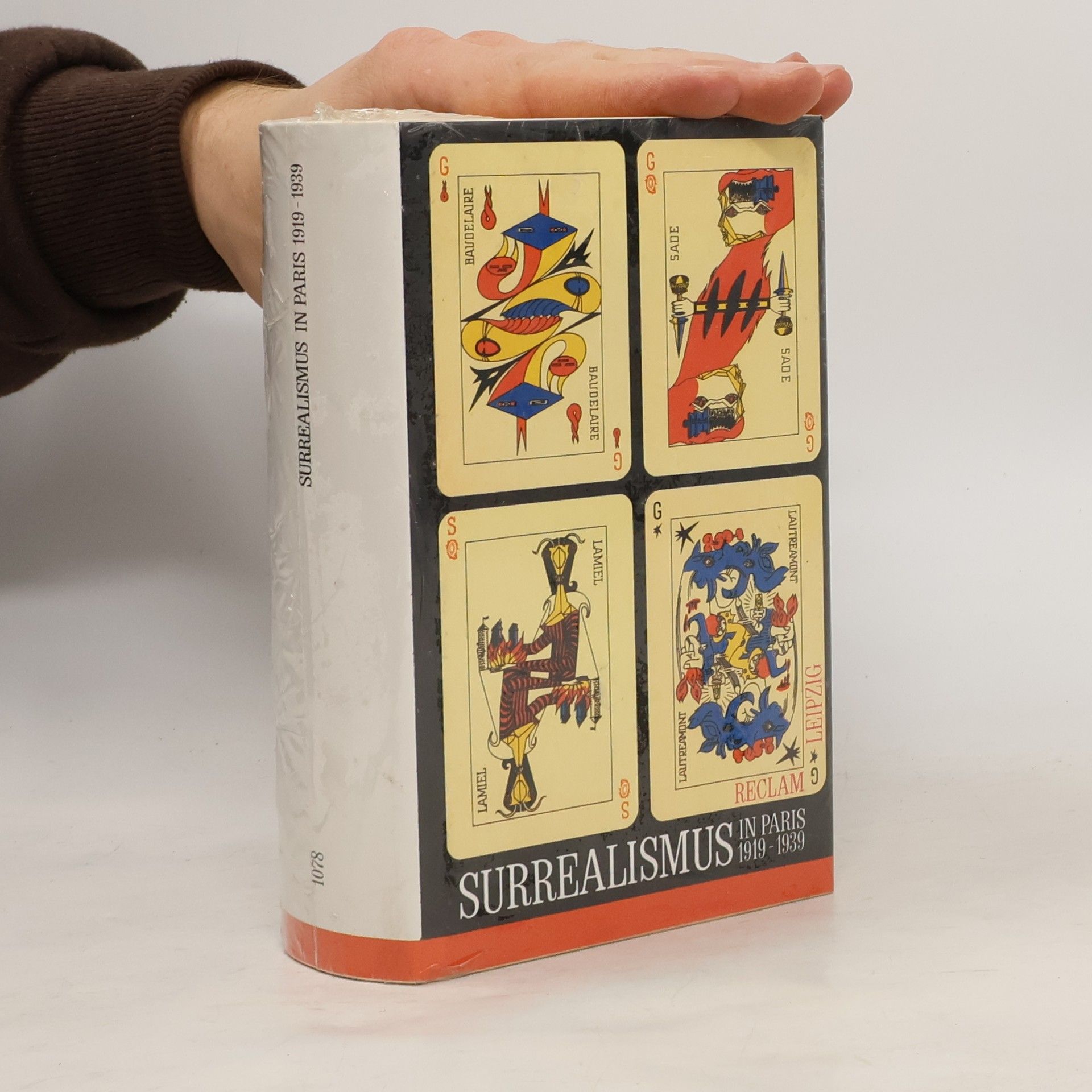Surrealismus in Paris
- 845 pages
- 30 hours of reading






'The poet makes himself a seer by a long, prodigious, and rational disordering of all the senses. . .' Rimbaud was sixteen when he made this famous declaration. By 1886, then thirty-two and an explorer, trader and slave-trader on the Red Sea, he had absolutely no interest in the fate or success of the poetry infused with mysticism, alchemy and magic that he had written in his teens. That same year, in Paris, Les Illuminations was being published as the work of 'the late' Arthur Rimbaud, first in a Symbolist periodical and then in book form, with an Introduction by his former lover, Verlaine. Seldom has a writer's vision of changing the world through words failed so spectacularly as did Rimbaud's. That failure turned him into an incomparable tragic poet: not only 'a wild undisciplined genius, a mystic philosopher and thinker, an inspired poet' but also, according to Enid Starkie, 'one of the most finished artists . . . a supreme master of prosody and style'. This Penguin Classic reproduces the text of the Pléiade edition, 1954, with selected letters and prose translations that have been highly acclaimed.
Der kanadische Wirtschafts- und Medienhistoriker Harold Adam Innis (1894-1952) gilt als eigentlicher Begründer der „Toronto School of Communication“ und als geistiger Vater von Marshall Mc Luhan, der sein Buch „Die Gutenberg-Galaxis“ eine Fußnote zu Innis’ kommunikationsgeschichtlichem Hauptwerk „Empire and Communication“ (1950) nannte. Die Abhängigkeit aller Kommunikation von Medien wird von Innis erstmals als Kriterium der Unterscheidung von Geschichtsepochen analysiert. Verschiedene mediale Kommunikationsweisen prägen Raum-Zeit-Strukturen ebenso wie ökonomische, soziopsychologische und politische Verhältnisse. „Kreuzwege der Kommunikation“ stellt den unveränderten Klassiker moderner Medienkultur erstmalig in deutscher Übersetzung vor.
German